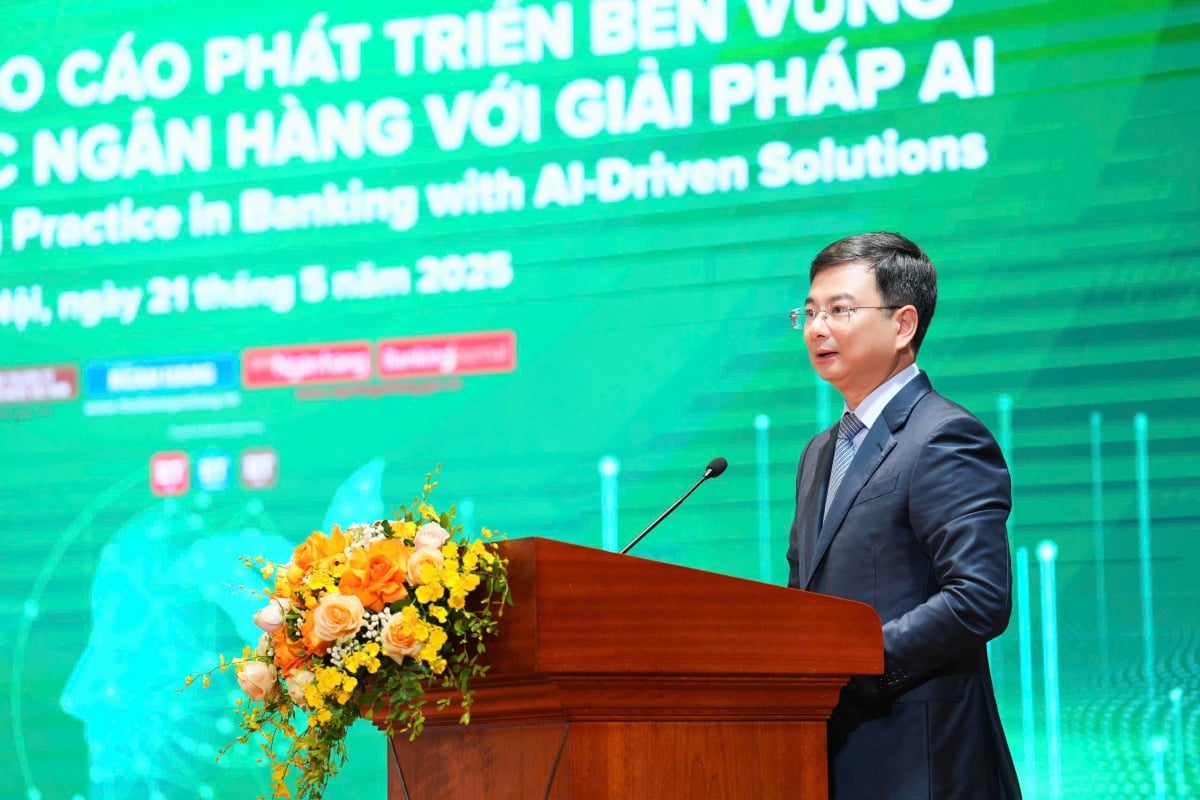
At the seminar "Practicing Sustainable Development Reporting in the banking sector with AI solutions" organized by Banking Times in collaboration with the Association of Chartered Certified Accountants (ACCA) on May 21, Dr. Le Hung Cuong, Deputy General Directorof FPT Digital, FPT Corporation, said that AI is the key to help businesses overcome ESG data challenges, simplify reporting activities, thereby unlocking green capital sources from financial institutions and banks.
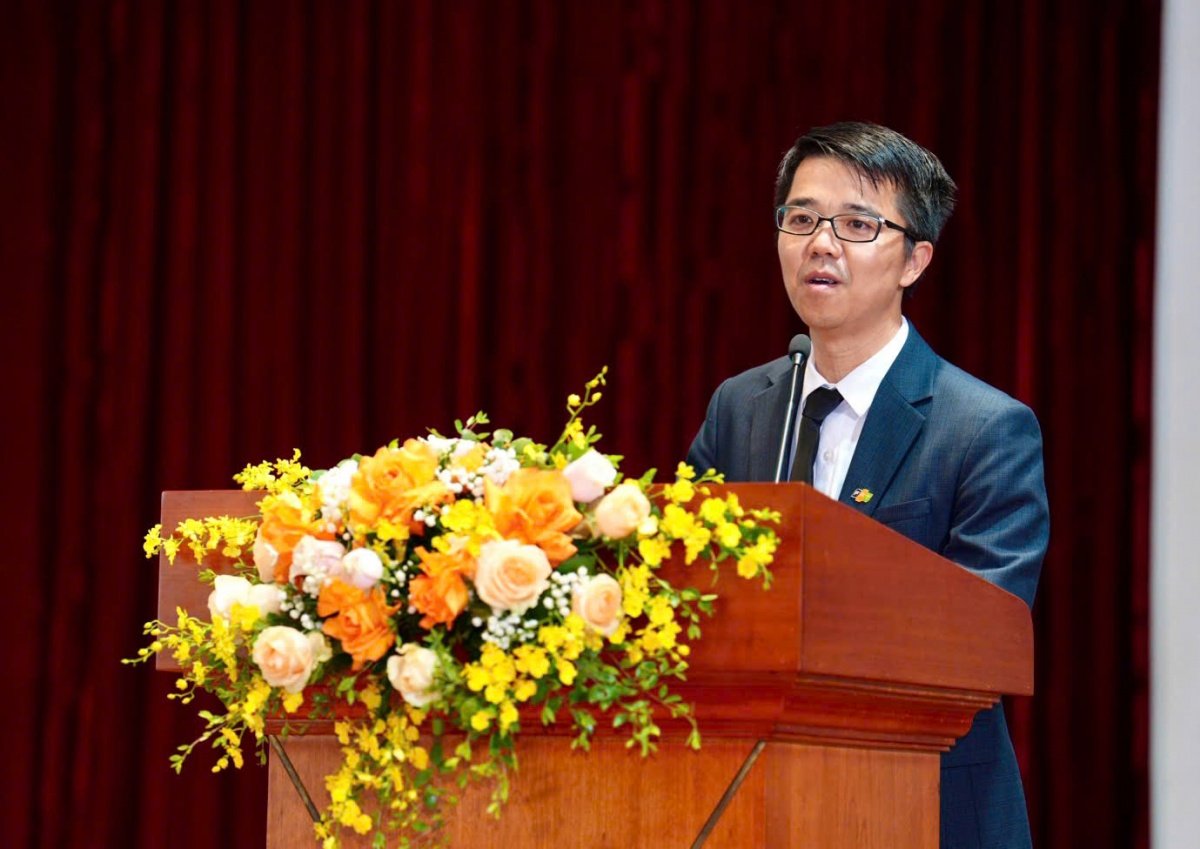
According to Mr. Le Hung Cuong, actual ESG data is scattered in different key areas of business operations and management, so it needs to be accurately identified and analyzed. To do that, AI is the key to helping businesses overcome ESG data challenges, simplify reporting activities, and thereby unlock green capital from financial institutions and banks.

Speaking at the seminar, Mr. To Quoc Hung - Country Director of ACCA Vietnam said that in the field of banking and investment finance in the world , sustainable development reports are no longer just a document to clarify information.
It is also a common investment standard, helping to provide more multi-dimensional information, a broader view of the risks and opportunities of businesses, helping to make financial investments more complete. However, there are currently more than 600 sustainable development standards in the world. Implementation practice shows that some banks build reports based on a certain set of standards but are not recognized in the region.
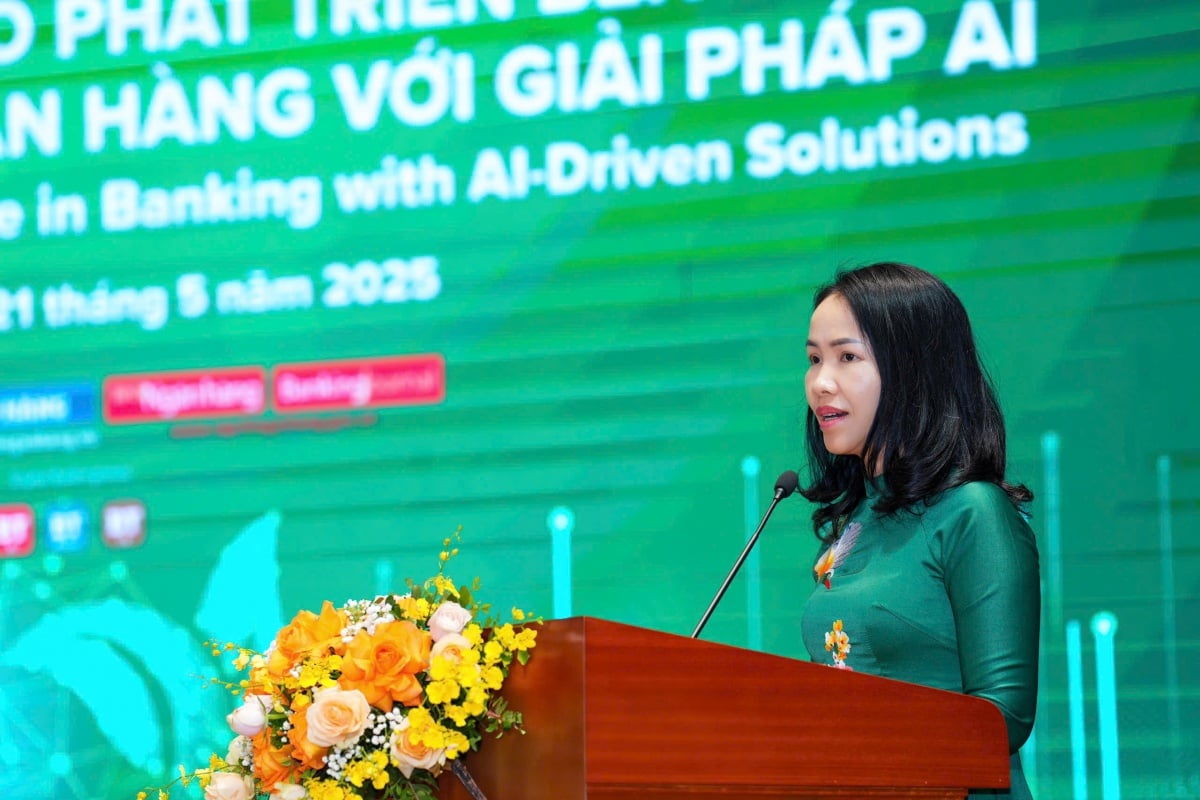
This raises the need for organizations in Vietnam to implement in line with global standards and be widely recognized. Similarly, technology and implementation methods that change the nature of sustainability reporting are equally important as choosing the right international reporting framework that is widely used. Implementation technologies should also be applied to countries, specifically the application of AI in green transformation and implementation of sustainability reporting.
“ Vietcombank also has a direction to apply AI in supporting businesses to reduce the burden of meeting standards,” said Ms. Ngo Thuy Phuong, Deputy Head of Strategy Department - Vietcombank. Encouraging businesses to apply standards and practice sustainable development reporting to better access capital sources is always a focus. The bank has also published a sustainable development report, which is an important criterion to assess the transparency of an organization that improves factors serving the goal of sustainable development.
However, Mr. Tran Anh Quy - Head of Policy Credit Department, Department of Credit for Economic Sectors, State Bank of Vietnam (SBV) also pointed out the difficulties of Vietnamese credit institutions (CIs) when practicing Sustainable Development Reports in the banking sector with AI solutions such as: Investment costs, hiring consultants to build reports are still high; lack of legal framework to build green investment portfolios, sustainable development of commercial banks (CBs)...
Mr. Tran Anh Quy also suggested 5 orientations and solutions to promote sustainable development reporting in Vietnamese banks. These are to soon issue a national green classification list; continue to promote international cooperation, access and receive technical support, and support appropriate capital sources; continue to promote experience exchange and training activities; improve the quality of consulting and building sustainable development reports for businesses and credit institutions.
According to Deputy Governor of the State Bank of Vietnam (SBV) Pham Thanh Ha, in the digital age, especially AI, the banking industry, as the lifeblood of the economy, is facing an urgent need to innovate to develop more sustainably, transparently, and in a more environmentally and socially friendly manner.
“Sustainable development has gone beyond the scope of a trend, becoming a core part of the development strategy of the finance and banking industry. In particular, the construction and publication of the Sustainable Development Report is an important tool for financial institutions to demonstrate their commitment, make their operations transparent, and affirm their pioneering role in the process towards a green and inclusive economy,” said Mr. Pham Thanh Ha.
2024 saw a record number of organizations preparing separate Sustainable Development Reports with 33 units. Almost all credit institutions have integrated sustainable development content into their Annual Reports as prescribed in Circular 96/2020/TT-BTC. Notably, about 13-15 commercial banks have published independent Sustainable Development Reports and this trend will continue to increase strongly in 2024 and the first months of 2025, with 6 more commercial banks publishing reports.
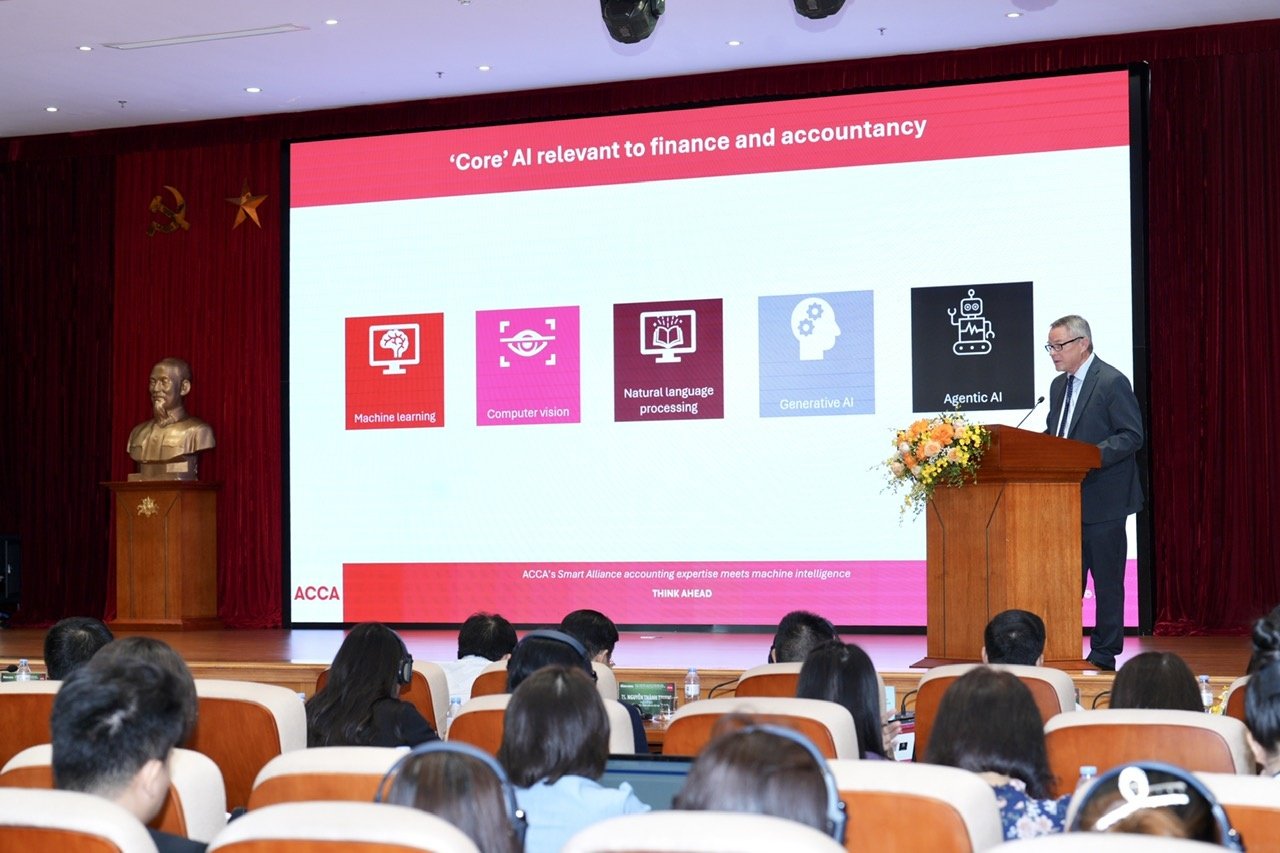 ACCA has developed an eight-stage model for the sustainability reporting information production cycle. Accordingly, from the stages of assigning responsibilities, establishing context, identifying key information, to verification and continuous improvement – each stage can take advantage of the power of AI. For example, in the context setting stage, AI helps shorten the time to read and summarize reporting requirements. When it comes to assessing climate risks affecting financial activities, AI can support scenario simulation, analyzing satellite data such as Google Flood Hub or Climate TRACE. In the report presentation stage, AI can customize the format and content for each target group. However, many organizations do not have the right data streams or infrastructure in place to fully exploit this technology. Challenges such as fragmented data, lack of standards, or lack of internal coordination will significantly reduce the effectiveness of AI implementation. Therefore, organizations take a step-by-step approach, from improving internal governance to building seamless connections between finance, data, and technology departments. |
Source: https://doanhnghiepvn.vn/cong-nghe/ai-tro-thu-giup-ngan-hang-thuc-thi-hieu-qua-chien-luoc-esg/20250522080937915




![[Photo] 60th Anniversary of the Founding of the Vietnam Association of Photographic Artists](/_next/image?url=https%3A%2F%2Fvphoto.vietnam.vn%2Fthumb%2F1200x675%2Fvietnam%2Fresource%2FIMAGE%2F2025%2F12%2F05%2F1764935864512_a1-bnd-0841-9740-jpg.webp&w=3840&q=75)


![[Photo] National Assembly Chairman Tran Thanh Man attends the VinFuture 2025 Award Ceremony](/_next/image?url=https%3A%2F%2Fvphoto.vietnam.vn%2Fthumb%2F1200x675%2Fvietnam%2Fresource%2FIMAGE%2F2025%2F12%2F05%2F1764951162416_2628509768338816493-6995-jpg.webp&w=3840&q=75)





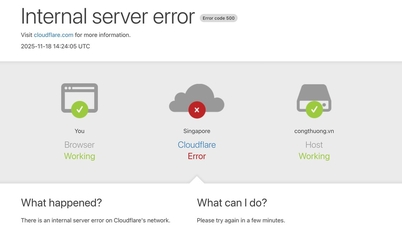









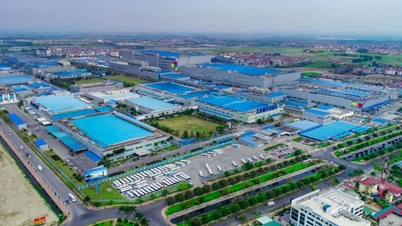

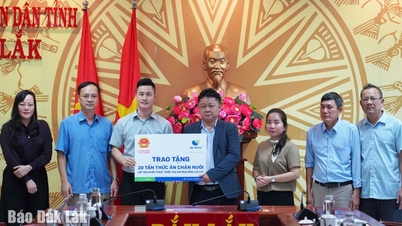










































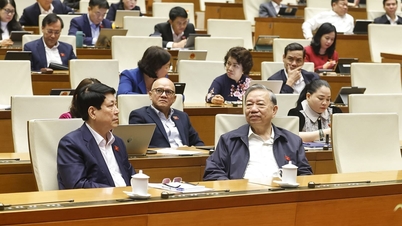

































Comment (0)